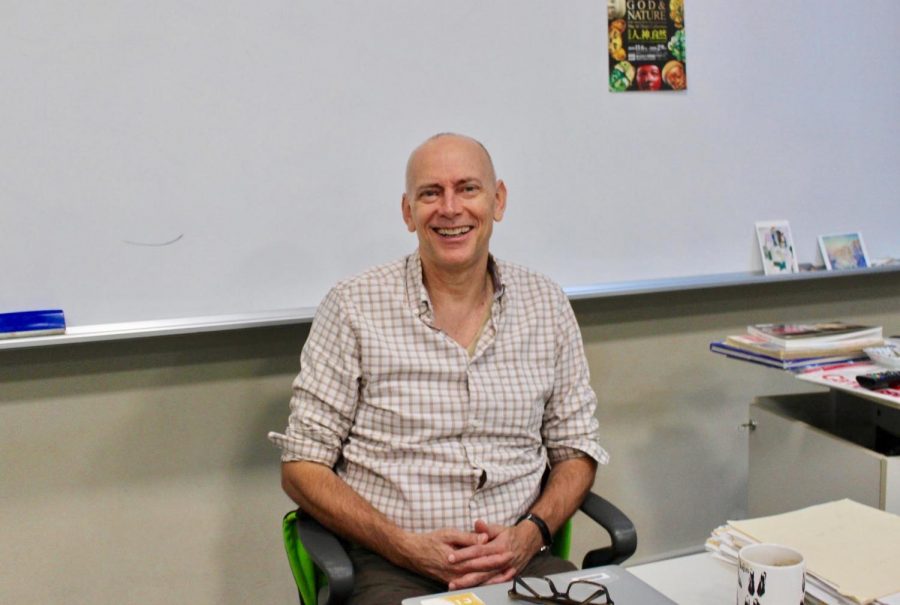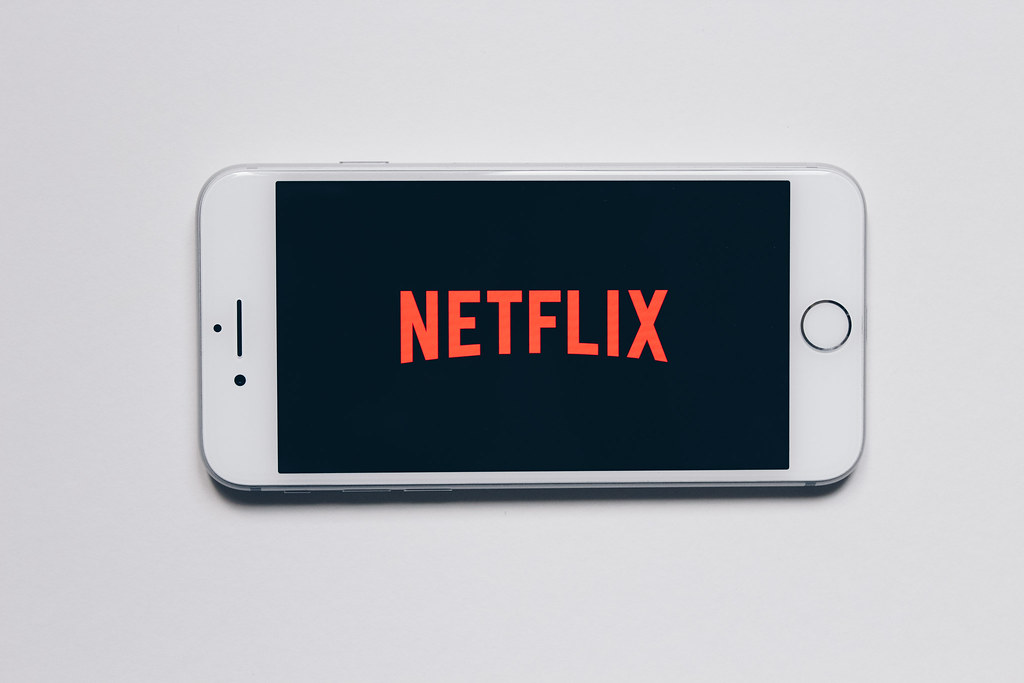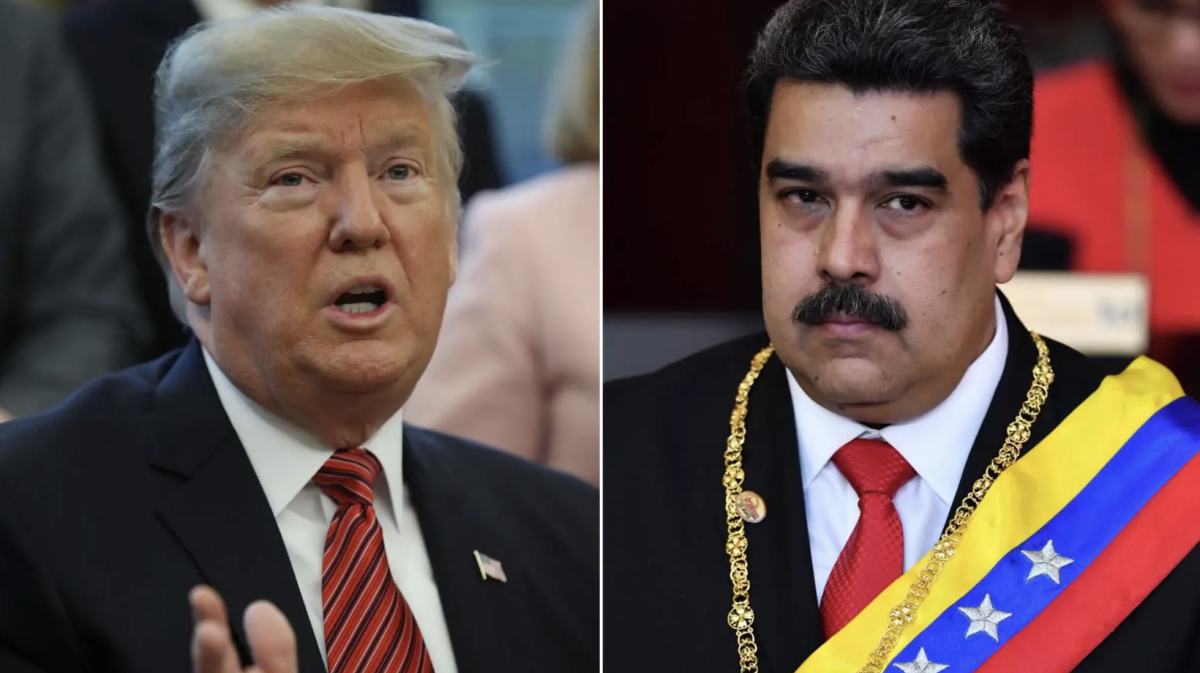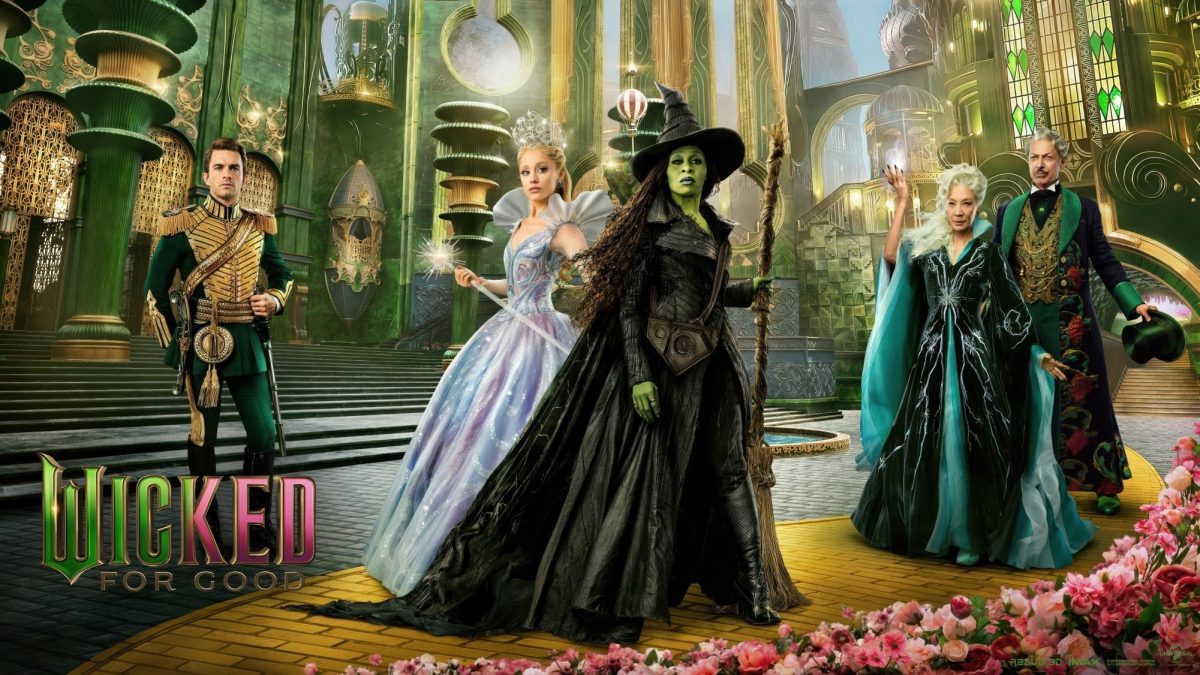From Catalonia to Hong Kong: Understanding Autonomy with Mr. Johnson
Photo by Sharon Choi
November 21, 2019
“We believe this is the last stand for our future and freedom.” This quote from a 22-year-old protester in Hong Kong exemplifies the feelings of many of the nation’s young people, who have committed themselves to a taxing and dangerous movement to maintain autonomy from China. They have faced tear gas, rubber bullets, and beatings from police, yet the rallies show no sign of letting up as they head into their fourth month.
Meanwhile in Spain, protesters for Catalan independence have taken to the streets of Barcelona, burning barricades and blocking roads to the city’s major airport. The masked protesters again trend on the young side, using an app called “Tsunami Democrátic” to coordinate their efforts.
I spoke with ASIJ history teacher Mark Johnson in an attempt to further understand the background of these movements, both of which are continuations of tensions that have played out over centuries. In addition, we discussed the influence that social media has on protest, as well as the meaning of national “autonomy” in a globalized world.
Recently, protests for independence in Catalonia have sparked again, after the central government of Spain jailed several leaders of the separatist movement. Could you explain briefly the history of the region’s political status, and why its citizens wish to separate from the Spanish state?
Catalonia, which used to be this area of Aragon, only was united with Spain under Ferdinand of Aragon and Isabella of Castile [married in 1469]. Ever since then, there has been an uneasy tension between Catalans and the Spanish government, which is based out of Madrid. It flared up a couple times — Catalonia fought for its independence during the 30 Years War and during the 1800s.
And when it really flared up in a big way… I took a course one summer in Barcelona, and I didn’t realize the bitterness — until I went there — between Barcelona and Madrid about Franco [fascist dictator of Spain, 1939-75]. Franco’s base was out of Madrid, and the Catalans for the most part were workers, socialists, and anarchists, very liberal — they were the radicals in the 1930s that tended to also be against the Church. There were atrocities in Barcelona [during the Spanish Civil War, 1936-39] on both sides. A professor there told me he had to be careful with how he talked about the Spanish Civil War, because the anger is still right below the surface. There are people there who had their parents massacred.
When Franco won, he suppressed any independence talk in Catalonia — but just because you suppress it doesn’t mean it isn’t there. So since Franco died in the 70s, we’ve seen it rise up again in Catalonia. They have a separate language and culture, more European. Also, there are financial reasons for wanting separation. Spain right now has 30 percent unemployment, and the economic engine is, for the most part, in Catalonia.
Hong Kong has also been rocked by waves of protests since June of this year. The impetus was an extradition bill introduced under chief executive Carrie Lam that has since been withdrawn. Why was this bill so controversial? And what in the history of Hong Kong and Chinese relations has led to this schism?
Hong Kong was fairly unpopulated until 1840, when the British took over and made it a port. And then Hong Kong was completely British-ruled until 1997. I remember watching it on TV, the handover — taking down the British flag and having the Chinese flag come up.
England made a deal with China, that they could have Hong Kong, but it would remain its own special place. Hong Kong would have elections, a governor running it, all of these different guarantees to keep it its own place within China. You can still do Instagram, Facebook, and Snapchat there. They are allowed to vote for their own leader, called the “Chief Executive” — the position is held currently by Carrie Lam. There’s this semi-autonomy right now, so the extradition bill [introduced in March of 2019, formally withdrawn in late October] seemed like the beginning of a “slippery slope.”
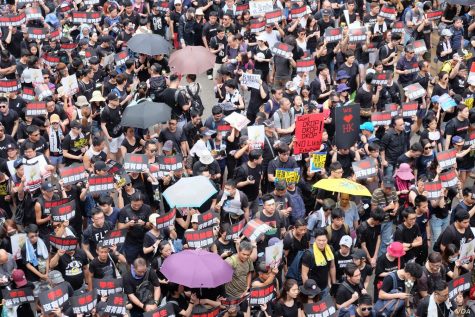
Most of the protesters are not demanding independence, but want to keep their separate status. They worry that if Hong Kong’s citizens can be extradited to China, it would no longer be a special place. With the extradition law, the Chinese government can grab somebody from Hong Kong and take them back to be tried in law courts on the mainland. And the idea is that if China can start taking protesters and putting them on trial, that’s just the first step in them totally taking Hong Kong over. People are thinking, “We can lose it all.”
The common assumption of the past decades has been that globalization and mass media makes cultures more uniform, chipping away at regional loyalties. Are we seeing this be disproved?
You know, it gets back to the basic nature of humans. Are we just clannish people by default? The mentality of, “It may not be entirely rational, it may work against our own self-interest, but these are my people.” When we went to globalization, it made a lot of people uneasy; it started bringing in people who didn’t look the same. Then the xenophobia comes up. That’s why it seems like, in all of these places, that we are reverting back to nationalism at the same time as globalization. People are feeling like their power is being eroded, and the easiest thing to do is blame it on the other.
Both in Catalonia and Hong Kong, police violence against protesters has been caught on video and circulated around the world within hours. Social networks are also used as organizing tools for the movements, allowing quick and efficient communication. What do you think is the effect of social media on modern protest?
It certainly seems to make protest easier, allowing the Arab Spring to spread like it did. But you can go through history, where there’ve been lots of revolutions without social media. So it’s too early to tell if it’s really making a difference — when people get angry enough, they will find a way to rebel. But these images are incredible. Seeing two people gunned down, in some regards, is more dramatic than reading that 10,000 people are gunned down. So I think it has made a difference.
Now China, though, is interesting. We kept on saying in 1989 that there was no way that China would send in the tanks [to Tiananmen square]. “The whole world is watching.”But they did, and the first thing they did was start blocking CNN, so we couldn’t see it after Day 1. On the other hand, I think media had a tremendous effect on Gorbachev in the 80s, when the Eastern Bloc countries tried to break away, because he wanted to be respected by the world. I think it certainly is on a case by case basis. I’m guessing that China is hesitating in Hong Kong because of this effect.
In the recent past, there have been successful movements that led to the formation of new nations, especially in Europe. What allowed different cultural groups in the Balkans and the old Soviet states to get their independence? Do we still see separatist movements today in those regions?
There still are in some of the places… Chechnya? They didn’t get their independence, and that’s why there have been these bombings and terrorist attacks there. [The success of] those other areas that broke away from the USSR, it was a practical thing. The Soviet Union didn’t have enough money at that point, and simply could not hold on to all of those regions — it would have bankrupted them.
Those areas as well, they were long-standing cultures, so it was easier to break away. Lithuania, for example, was its own powerful country at one point. These were places with very distinct language and very distinct traditions. It’s fascinating, then, that Spain has never given up Catalonia. But I think the difference is that the USSR had to hold about 15 places, which was impossible, but Spain only has two — the Basque and Catalonia. If provinces like Andalusia all began to revolt, it would be hard for Madrid to hold on.
A problem in Barcelona, for the pro-independence movement, is that it is almost a 50-50 split. When they took that vote [2017 referendum in Catalonia], a majority voted to separate, but only 43 percent of the population showed up to vote. All of the others who weren’t for splitting off didn’t protest by voting no, but by not voting. For it to be successful, you would need a mass agreement.
What do you see as the driving force behind modern independence movements? What does a region have to gain from splitting off from its parent country?
I think there are two main things. The first is the psychological, the “this is my land and these are my people” feeling — wanting to control your own destiny. Then the second is economic. Either people want to build their own economy, or, in the case of Barcelona, they already have a strong economy and don’t want to pay for the rest of the country.
Do you see the map changing in the next ten years? In what ways?
I do. But it does seem that there was a flurry, and then it halted. Kosovo is still kind of not a full country. Will Scotland eventually break away, if they have a vote? Will Spain let go in Catalonia? We don’t hear much in the Balkans now, because it’s already been divided. Taiwan will be interesting to see, Hong Kong.
I remember when Putin invaded the Ukraine, and people were saying “uh-oh, it’s the beginning.” I was arguing with people, saying that that was low-hanging fruit, because all Russians were living in that area of Ukraine. He’s not stupid, he’s most likely to go into countries that already have a high percentage of Russians living there. So we look through saying Belarus is 40 percent, Latvia is 40 percent. But other than that, I don’t see him trying to resurrect [the USSR].
And then in the Middle East, I don’t see the Kurds any closer to having a country now than they were three months ago. The interesting one is — Israel is not going to give up Palestine, so it’ll be interesting to see how far that gets. Will Israel ever hand over the West Bank? I’m not sure though, what will change, or where the real hot spots will be. We’ll have to wait and see.

